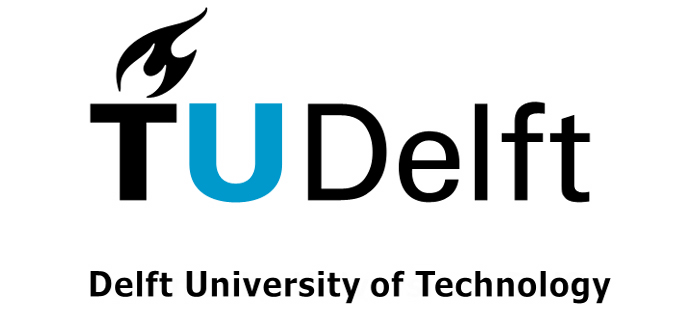TECHNISCHE UNIVERSITEIT DELFT – TU Delft
Delft University of Technology (TU Delft) is the oldest, largest and most comprehensive technical university in the Netherlands. With over 23,000 students and 3,000 research staff, it is an establishment of both national importance and significant international standing. The University collaborates with other international educational establishments and research institutes and has partnerships with governments, branch organizations, numerous consultancies, the industry and companies from the small and medium business sectors. The University was awarded HR Excellence in Research award by the European Commission in 2013. TU Delft ranks 52nd on the 2019 QS World University Rankings (22 on the sub list for Engineering and Technology), and 58th on the Times Higher Education World University Rankings list. In TradeRES, the Faculty of Technology, Policy and Management and the Faculty of Electrical Engineering, Mathematics and Computer Science (EEMCS) are working together.
The Faculty of Technology, Policy and Management of Delft University of Technology combines insights from the engineering sciences with insights from the humanities and the social sciences. The Faculty’s mission is to develop robust models and designs in order to solve the complex challenges of today’s networked, urbanized knowledge society. The Faculty is comprised of three closely collaborating departments, each with a different perspective on addressing these complex societal challenges: systems, governance and values. The smart combination of these three perspectives is at the core of Comprehensive Engineering, and is the main thrust of the Faculty. The main application domains of the Faculty, in which the majority of its research projects can be clustered, are energy, climate, mobility, ICT and water.
The Faculty of Electrical Engineering, Mathematics and Computer Science (EEMCS) has departments for Applied Mathematics, Intelligent Systems, Microelectronics, Software & Computer Technology, and Electrical Sustainable Energy. The latter focuses on sustainable generation, transmission, distribution, and use of electric energy. The department has extensive laboratories for, e.g., manufacturing photovoltaic cells or for testing high voltage equipment. Other methods in use are based on simulation clusters like RTDS and Opal-RT and in-situ settings of sustainable electric equipment.
Website: www.tudelft.nl
Contact: Laurens de Vries
E-Mail: l.j.devries@tudelft.nl
